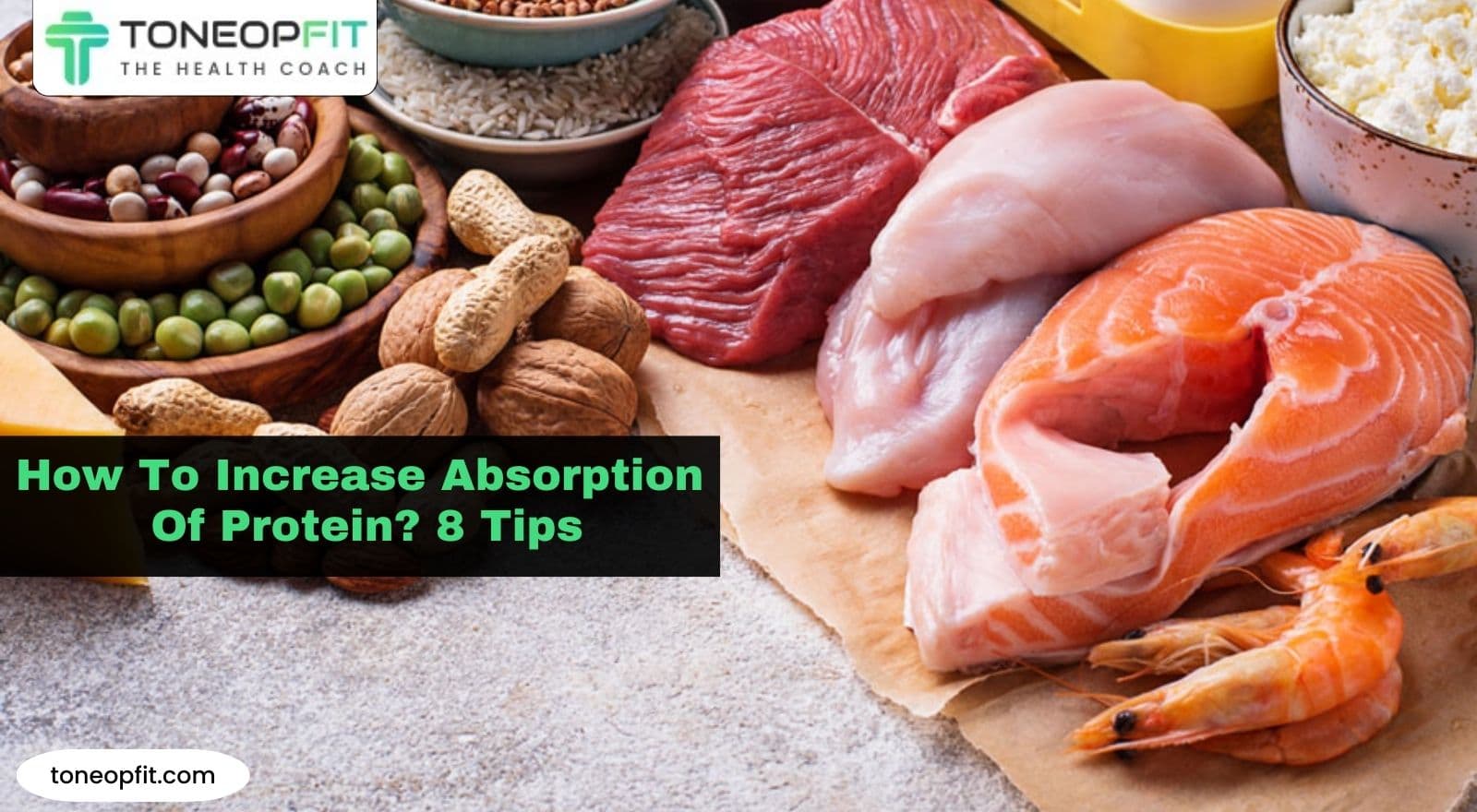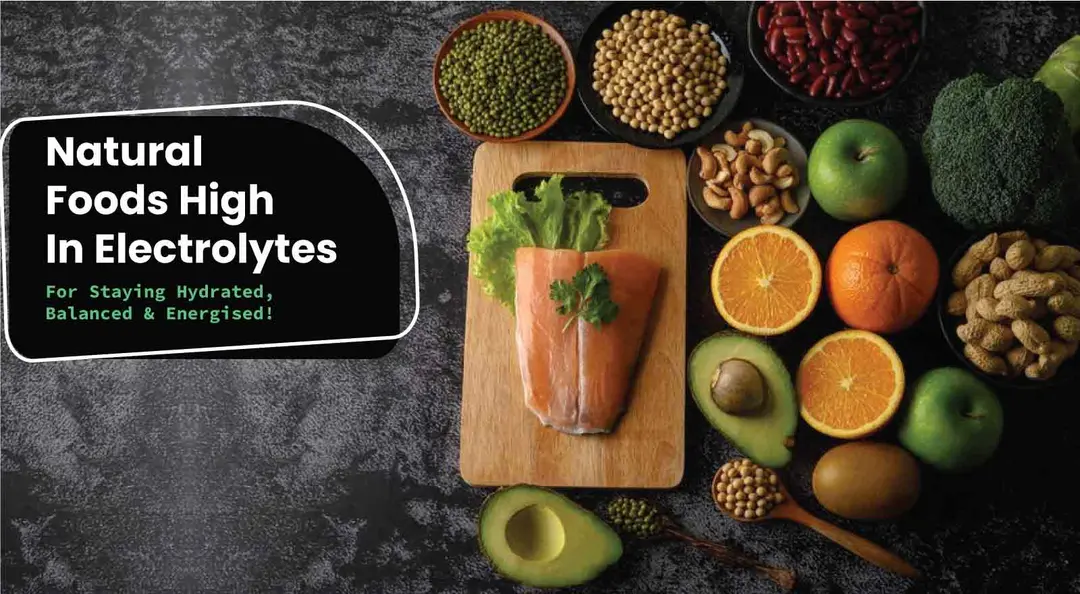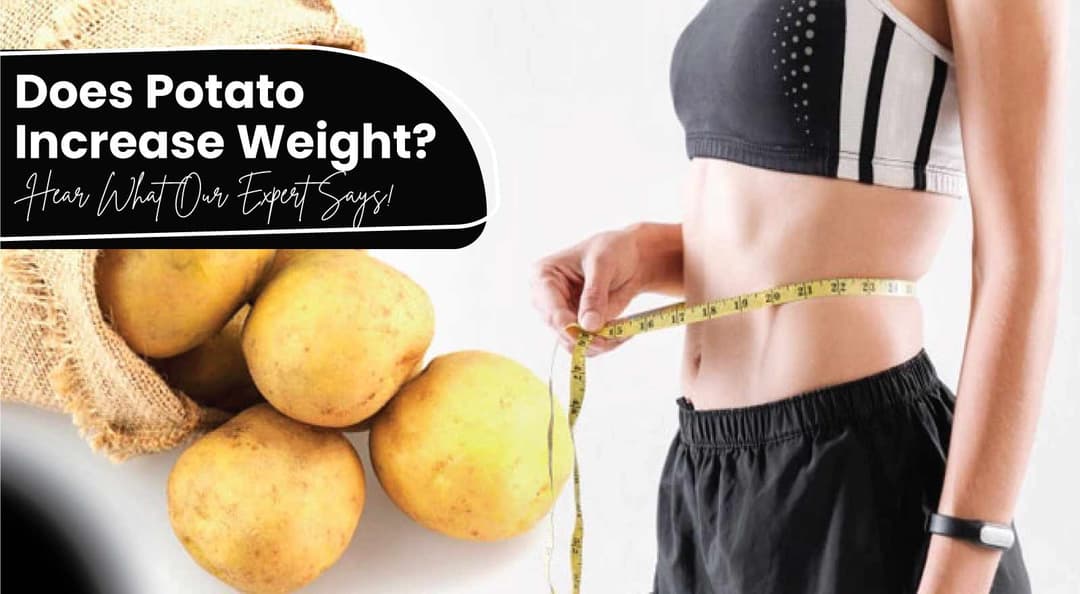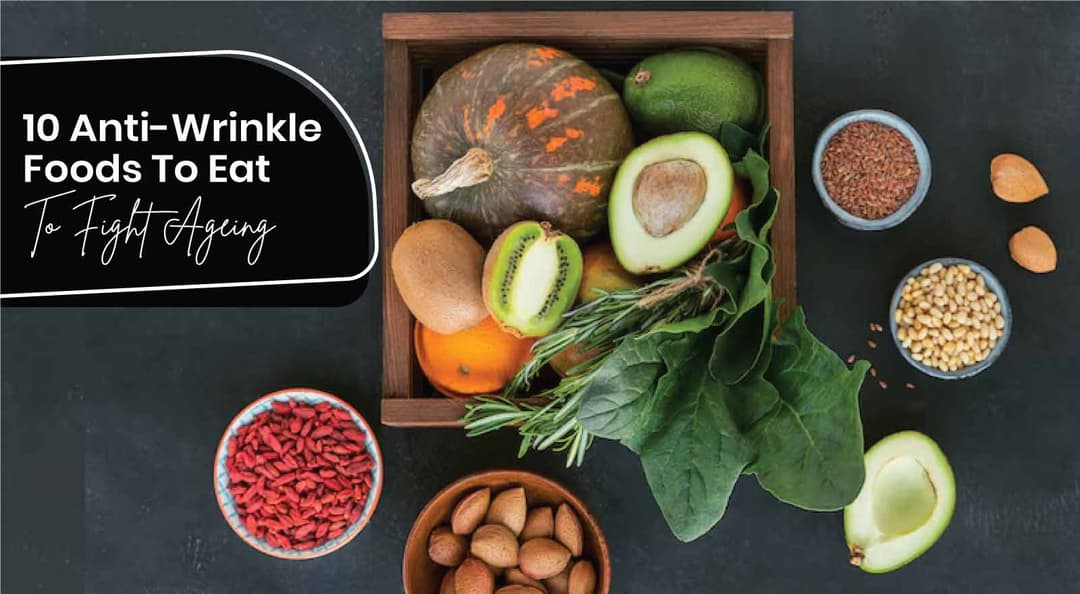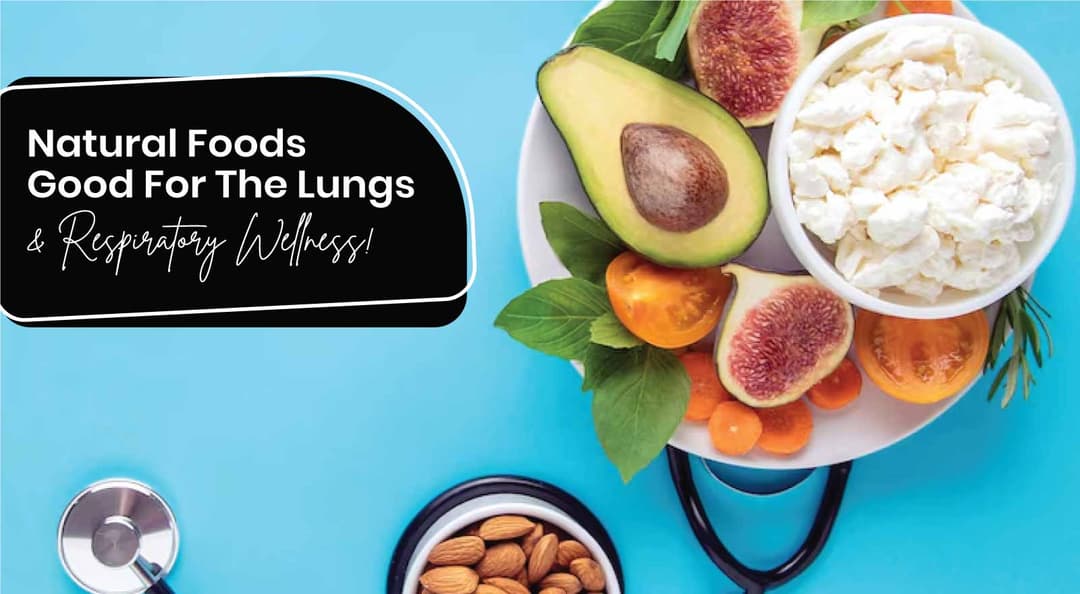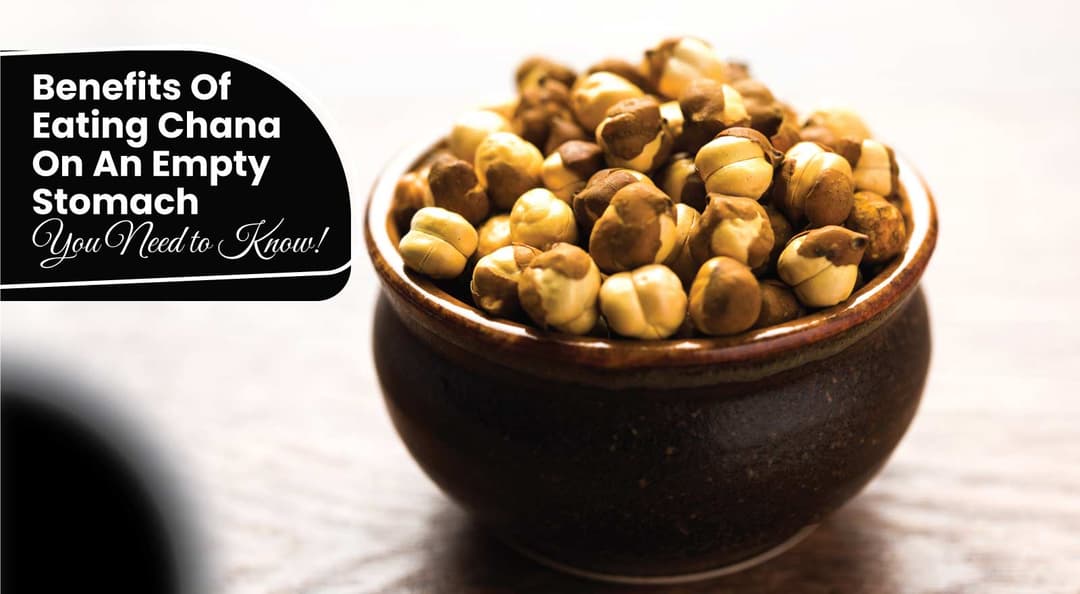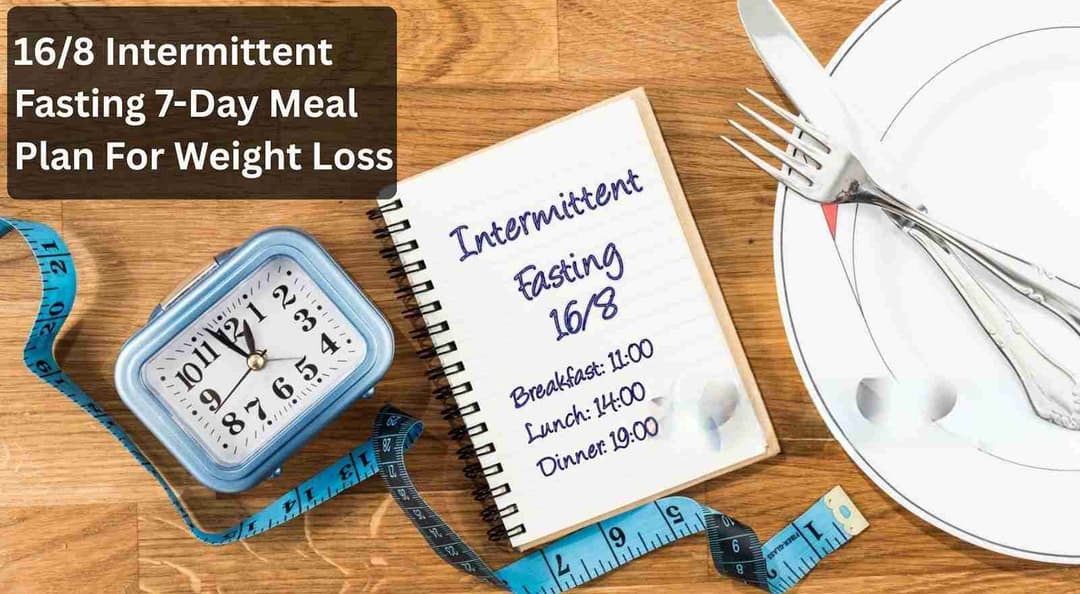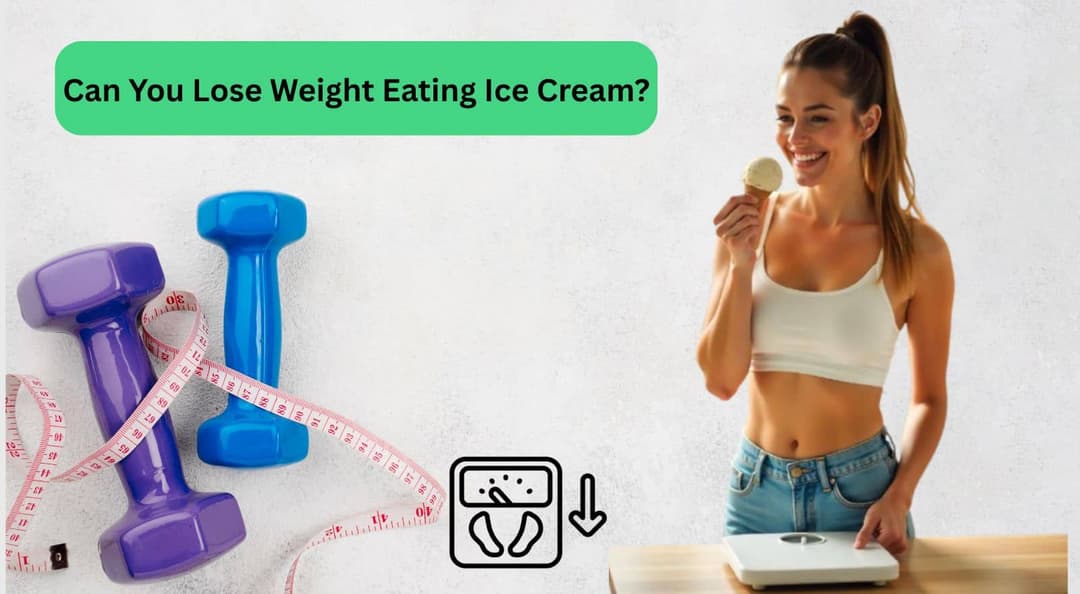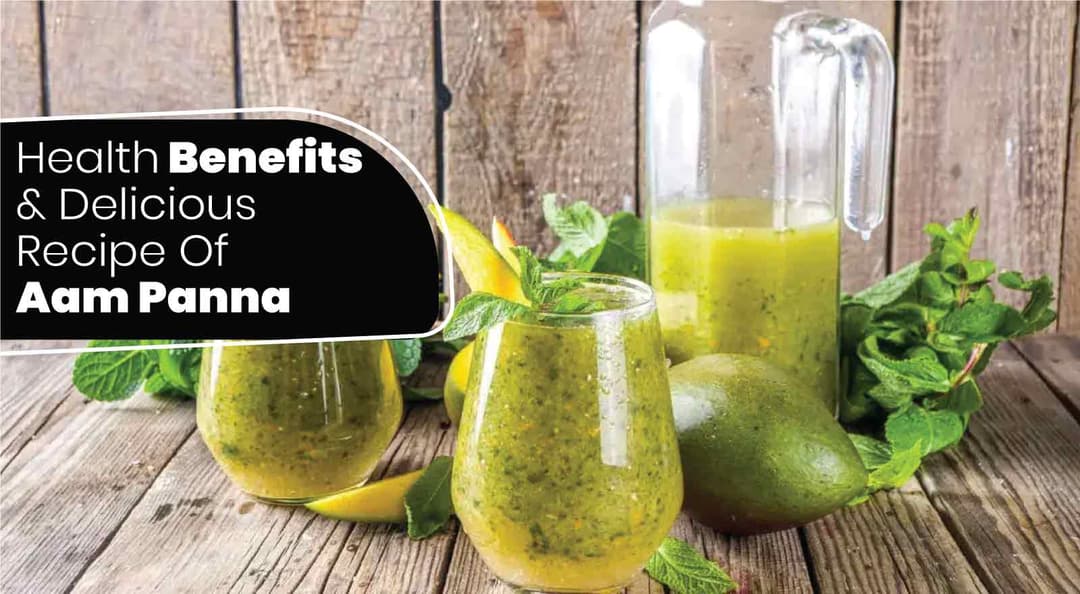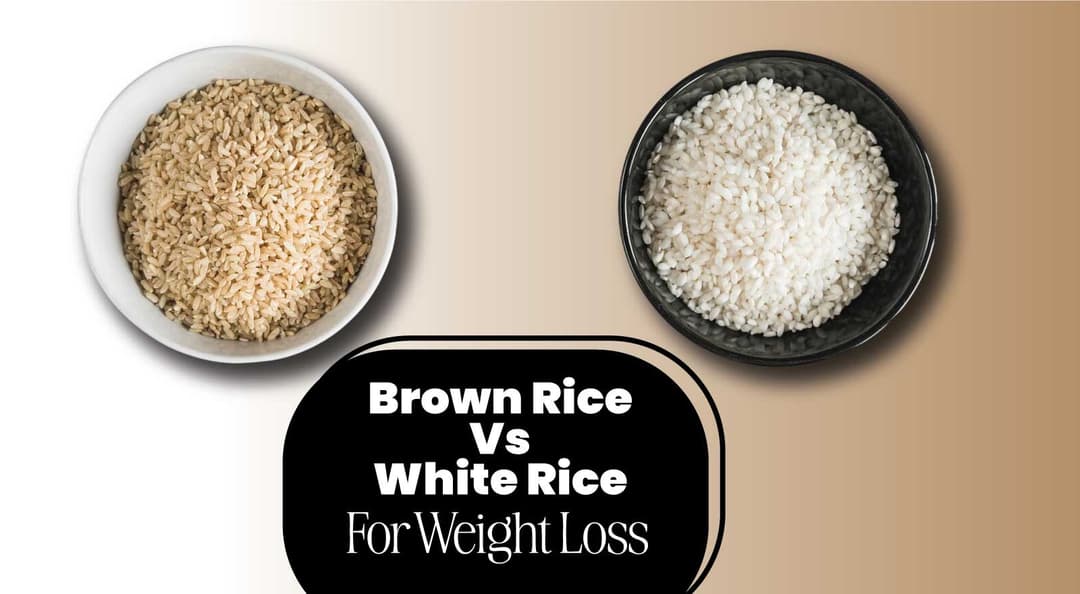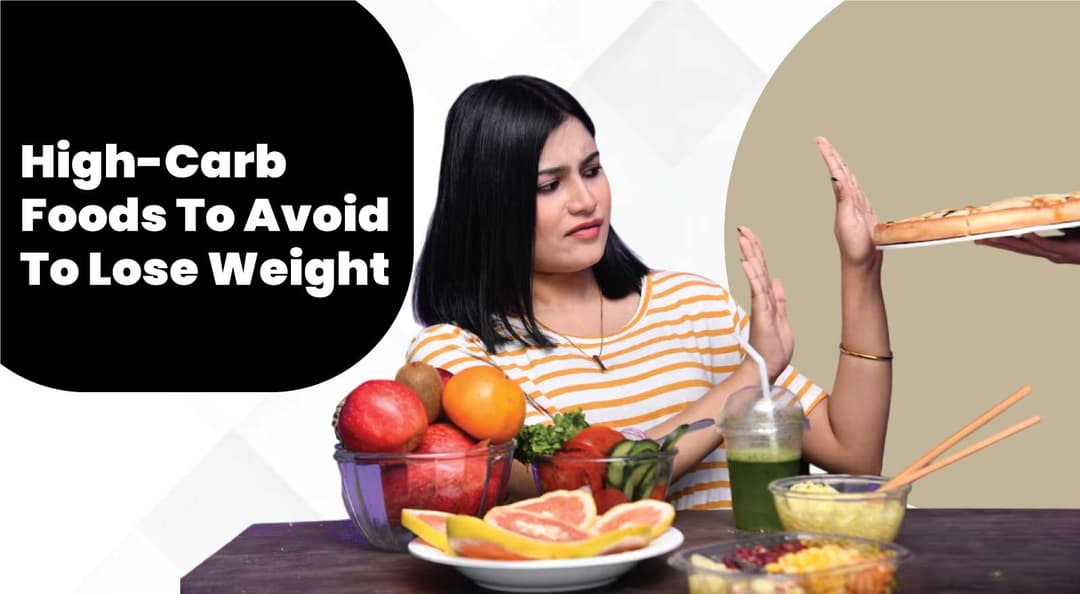Protein is an important part of all our diets, and we’re constantly looking for ways to increase our protein intake. But what if I tell you that out of all the protein you’re eating, your body is probably throwing some (or maybe even a lot) of it out of your system?
Yes! It’s actually quite common for protein to enter your body and simply pass through without being used — like those apples our moms kept for the school lunches that we never touched!
Proteins are complex large molecules made up of chains of amino acids. We need protein in our diets to function properly. Without it, the body is dysfunctional. Some of its main functions include:
- Enzyme production
- Tissue repair & building
- Immune function
- Hormone production
- Energy source
- Muscle growth
The list goes on, but let’s get back to what we were talking about: protein absorption. So, now we know how important protein is, and that often times, you can consume plenty of it and still not absorb it all. But can that be fixed? Can you increase protein absorption and make your body use all of it? Yes, you can!
In this blog, we will learn more about protein absorption and how it happens, and then we will give you a breakdown of how to increase the absorption of protein!
Table of Contents
- Protein Absorption 101: What It is & What Causes of Inefficient Absorption
- What Increases Protein Absorption — The Best Ways For The Body To Absorb Protein?
- Which Foods Increase Protein Absorption?
- Dietitian’s Recommendation
- The Final Say
- FAQs
- References
Protein Absorption 101: What It is & What Causes of Inefficient Absorption
Protein absorption, as the term probably suggests, is your body's ability to break down the protein you ingest into individual amino acids (like building blocks that your body can use) and then use them to make the proteins your body needs for its various functions.
So, to have your body absorb all the protein you eat, it must first be broken down during digestion.
There are many reasons why your body might not be absorbing all the protein you eat. Let’s look at some:
| 1. Digestive Disorders | Conditions like celiac disease, Crohn's disease, or irritable bowel syndrome (IBS) can impair your body's ability to break down and properly absorb proteins, causing insufficient protein absorption. |
| 2. Low Stomach Acid | Hypochlorhydria —- or, in simple words, low stomach acid — can affect protein digestion, as stomach acid is important for the breakdown of protein into absorbable amino acids. |
| 3. Enzyme Deficiencies | A lack of digestive enzymes, often linked to conditions like pancreatic insufficiency, can make protein digestion and absorption inefficient. |
| 4. Poor Gut Health | An unhealthy gut microbiome or digestive imbalance can affect nutrient absorption, including protein.
|
| 5. Inadequate Diet | A diet lacking in protein or essential nutrients can contribute to insufficient protein absorption and overall nutrient deficiency. |
| 6. Ageing | As we age, the production of digestive enzymes tends to decrease, which can reduce protein absorption efficiency. |
| 7. Medications | Some medications (like antacids, antibiotics, and laxatives) can interfere with protein digestion or gut health and reduce protein absorption. |
| 8. Stress | Being under constant financial, emotional or occupational stress, or any other stress, can affect your digestive health by disrupting enzyme production, altering gut function, and leading to issues like indigestion and nutrient malabsorption. |
What Increases Protein Absorption — The Best Ways For The Body To Absorb Protein?
Here are 8 tips specifically tailored to help improve protein absorption to meet your health and fitness goals:
1. Stay Hydrated — drink up!
Water is the most important drink, essential for digestion and absorption of nutrients.
Since the human body contains around 60-70% water, adequate hydration ensures optimal functioning of digestive enzymes and excretion of toxins. As food travels through your digestive system, it relies on enough water to keep things flowing smoothly and maintain the perfect consistency for efficient digestion. During the process of protein digestion in the stomach, water combines with stomach acid to break down the proteins that aid in digestion.
To up your water intake, drink a glass of water at multiple regular intervals, even if you're not thirsty. Also, include a glass with each meal to help break down food effectively and promote bowel movement.
Also Read: Zing Your Body With Lemon Water For Detoxification! The Drink You’ve Been Overlooking
2. Choose High-Quality Proteins — quality over quantity
There are many types of protein. To maximise protein absorption, choose easy-to-digest, high-quality protein sources, like eggs, lean meats, low-fat dairy, and whey protein.
Additionally, break up your protein intake into smaller 20g-30g portions with multiple meals throughout the day to maximise protein absorption, support steady muscle recovery and growth, and meet your daily protein requirements.
3. Use Digestive Enzyme Supplements — help your digestion!
Everyone can use a little help, even when it comes to protein absorption! Consider adding a protein digestive enzyme, especially a protease, to help break the protein down into smaller peptides and amino acids.
Plant foods such as kiwi, mango, banana, honey, yoghurt and figs contain protease enzymes such as papain (papaya) and bromelain (pineapple) that can effectively aid protein digestion.
You can also take ToneOp Care’s Digest 360, which contains 12 powerful digestive enzymes!
Also Read: 10 Easily Accessible Healthy Foods For Weight Loss To Add To Your Diet!
4. Time Your Protein Intake — timing matters!
This might come as a surprise, but timing is important for effective protein absorption. Consuming protein after exercise increases muscle regeneration due to the increased sensitivity of muscle tissue. Consuming protein before going to sleep may sustain muscle recovery.
Also, evenly spread your protein intake throughout the day in smaller portions to aid in continuous muscle recovery and growth and to prevent bloating or indigestion.
5. Control Fat Intake With Protein — in moderation
While healthy fats are essential and encouraged, an excess consumption of them, along with protein, can slow down the digestive process. Keep your fat intake moderate and limit them to healthy fats.
6. Avoid Antacids Near Meals — again, timing!
Antacids can hinder protein digestion by neutralising the production of stomach acid, which is essential for breaking down protein into amino acids. To avoid interfering with protein absorption, it's best to time your antacids so they don’t overlap with a protein-rich meal.
7. Chew Thoroughly — an important lesson you know
Your parents must have taught you to chew your food thoroughly before swallowing. It’s important as it breaks down food particles into smaller pieces, which facilitates the digestive process and allows enzymes to work more efficiently.
8. Ensure Proper Vitamin Intake — supplements to the rescue!
Vitamin C is involved in protein metabolism, supports the health of the digestive tract and stimulates the production of stomach acid, improving protein breakdown. Vitamin B6 helps digestive enzymes break down proteins and transport amino acids into the bloodstream. So, it’s important to maintain your intake of these vitamins (and others) to ensure proper protein absorption.
Boost your digestion and overall wellness with ToneOp Care's Vitamin 360 Tablets! Packed with probiotics and essential nutrients, these tablets support a healthy gut, ensuring optimal nutrient absorption and improved digestive health.
Also Read: Top 10 Energy Boosting Foods And 5 Best Health Drinks To Fuel Up Your Workouts!
Which Foods Increase Protein Absorption?
Following are the foods that increase your protein absorption:-
| 1. Probiotics & Fermented Foods | Probiotics introduce beneficial bacteria to the gut. They help improve the absorption of small peptides and amino acids and maintain the integrity of the intestinal barrier.
These good bacteria support protein digestion and breakdown and improve gut health, leading to better absorption of nutrients. Fermented foods or foods with probiotics are:
|
| 2. Protein Paired With Carbs | Eating carbohydrates with protein slows the release of glucose and promotes the release of insulin, which increases the uptake of amino acids into muscle cells. This is particularly effective when consuming carbohydrates before or during intense training to promote muscle recovery and growth.
|
| 3. Vitamin C-Rich Foods | Foods rich in vitamin C can enhance the absorption of non-heme iron (found in plant-based proteins) and improve overall nutrient uptake, helping your body utilise proteins more efficiently. Foods like:
|
| 4. Vitamin D-Rich Foods | Vitamin D plays a key role in protein absorption by supporting muscle function and enhancing the efficiency of protein synthesis. It also helps optimise calcium levels, which are crucial for muscle function. You can get vitamin D through:
|
| 5. Herbs | Ginger stimulates the digestive enzymes in our bodies and enhances the breakdown of proteins in the digestive tract, which enhances its absorption.
Garlic can improve gut health by promoting healthy gut bacteria and, in turn, boost protein absorption. |
| 6. Zinc-Rich Foods | Zinc is essential for proper protein digestion and absorption as it plays a role in digestive enzyme function. They are:
|
Also Read: Is Soy Bad For Men’s Health? Benefits, Risks And Impact On Testosterone & Fertility
Dietitian’s Recommendation
While protein is important, you must also focus on other aspects of your diet. I would recommend eating a balanced diet with the required amounts of carbohydrates, protein, fat, fibre and probiotics and adequate hydration.
You should also try to include a variety of protein sources, such as lean meat, poultry, fish, eggs, dairy products, legumes, and plant-based proteins such as tofu or quinoa.
Dt. Lavina Chauhan
The Final Say
Protein is an important nutrient for all, but some of it can get wasted in our bodies. To ensure that it doesn't, choose high-quality protein sources, incorporate digestive enzyme supplements, stay properly hydrated, and follow other tips we have mentioned above. Additionally, you can add foods like probiotics, vitamins, and zinc to increase protein digestion and absorption.
FAQs
1. Why is my body not absorbing protein?
Certain infectious diseases such as Whipple's disease and tropical sprue, inflammatory bowel diseases such as ulcerative colitis and Crohn's disease, and autoimmune diseases such as celiac disease affect protein absorption.
2. What food has the highest absorbability of protein?
Animal-based proteins, such as eggs, dairy, and lean meats, have the highest absorbability due to their complete amino acid profiles. For plant-based options, soy protein is considered the most absorbable.
3. What vitamin helps protein absorption?
Vitamin D is perhaps the most important vitamin for protein absorption. It enhances the body's ability to absorb and utilise proteins, particularly by supporting muscle function and stimulating protein synthesis.
References
- https://nutrabay.com/magazine/10-tips-to-maximize-protein-digestion-absorption
- https://www.onlymyhealth.com/tips-to-increase-protein-absorption-1672230139
- https://bc30probiotic.com/idea-center/expert-insight/
- https://www.steadfastnutrition.in/blogs/news/11-ways-to-maximise-protein-digestion-absorption?srsltid=AfmBOooZcD66fEYlnWmv2SAEI7HZnHdoZ3nvGJ9aAMz3mJ5rixMQZgrt
- https://www.gnc.com/learn/protein/expert-education-protein/5-ways-to-maximize-protein-digestion-and-absorption.html?srsltid=AfmBOopcyPPQXD_g1GNVIq1X3LLUmUoSuAmz2fU4vcRc-VRQSSaYBngH
- https://www.optimumnutrition.co.in/blog/how-to-ensure-proper-protein-absorption
- https://goldengateobgyn.org/how-to-help-your-body-absorb-protein/#:~:text=Take%20Vitamin%20B%2D6,most%20from%20your%20protein%20intake.
- https://cymbiotika.com/blogs/news/how-to-increase-protein-digestion-and-absorption?srsltid=AfmBOopDv83DHQxnxodU39p7fQ3KuNdECM0rqZ5HFAEvi5TbOLU1X4UC
About ToneOp Fit
ToneOp Fit is a platform dedicated to improving and maintaining good health through a comprehensive range of goal-oriented health plans with up to 3 Coach support. With a range of Weight Management, Medical Condition, Detox Plans, and Face Yoga Plans, the app also provides premium health trackers, recipes and health content. Get customised diet, fitness, naturopathy & yoga plans and transform yourself with ToneOp.












